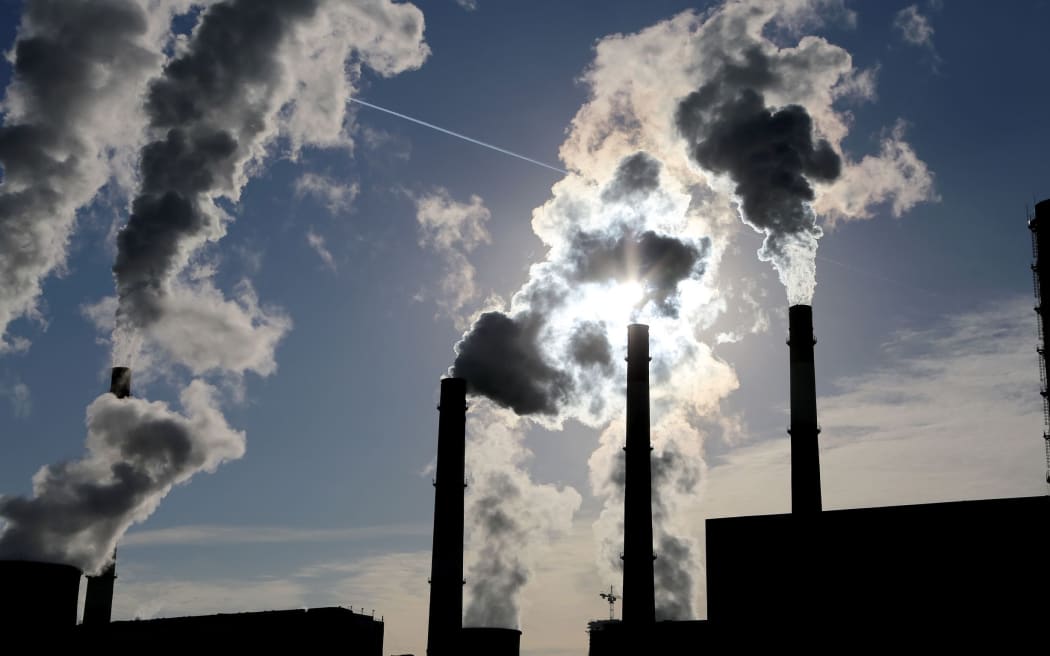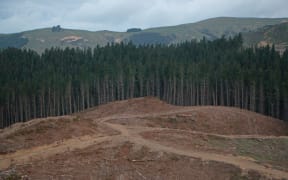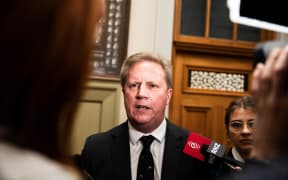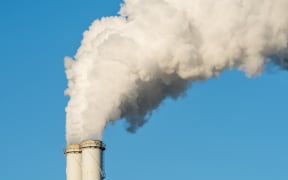
Photo: 123RF
The government's first carbon auction of the year is on a knife-edge, with commentators saying it is unclear whether emitters need to buy any more units.
If today's auction fails, Cabinet will have to wait until at least June to learn if it will earn hundreds of millions of dollars to help pay for tax cuts.
The government will offer the right to pump out about 3.5 million tonnes of planet-heating carbon dioxide, worth more than $200 million.
But all four of last year's auctions failed and the market is still looking shaky, according to some of those watching it closely.
By law, many big polluters need to buy - and scrap - enough units each year to cover their emissions.
But it is not clear whether coal burners, petrol importers, gas companies and others need any more units from the government currently, and that could complicate tax cut plans and climate action.
Millions of units were cancelled last year after all four government auctions failed to sell any, a development which might have been expected to tighten supply.
Yet companies still seem to have plenty stockpiled, Paul Harrison, managing director of Salt Funds, which runs a $100m stockmarket-listed carbon fund, said.
The number of units registered as being in existence - meaning emitters had not surrendered them to cover emissions - did not change as much as might have been anticipated, Harrison said.
By law, the government has to sell units for at least $64 a tonne. It must set a confidential reserve price, based on market conditions.
Emitters can either buy their units from the government, or get them from forest owners (who create units when they grow carbon-sucking trees), or anyone else with units to spare.
The price for those other, secondary units this week was just $64.50 - just 50c above the government's minimum price floor.
Contact Energy's chief financial officer said last month the carbon price needed to rise to about $130 to make it worthwhile for companies to switch to clean energy, without the 'corporate welfare' (grants) the new government has promised to scupper.
Lizzie Chambers of carbon exchange platform Carbon Match said even last week's advice from the Climate Change Commission, calling on the government to sell radically fewer units in future, barely bumped the carbon price.
"What was interesting was that the market barely reacted," she said.
She said confidence in the market WAs still suffering after the Labour-led Government last year ignored climate commission advice telling it to raise the price floor - a decision later overturned after a court challenge.
The market dropped further when Labour announced a major review of forestry's ability to sell unlimited units, an announcement Chamber said gave "shivers" to market participants.
The new National-led government cancelled the review, but the commentators said it had not solved the underlying issues.
Harrison said if foresters could sell unlimited, relatively low-price units, the carbon price was "going to struggle".
That's because all the country's forestry is available to cover less than half the country's emissions - agriculture does not have to buy units, and big exporters, like Rio Tinto, NZ Steel and others, are issued most of their units for free.
National and Act's coalition deal promised to bring in different forestry restrictions, limiting the classes of land (and soil productiveness) that can be used for carbon forestry.
But RNZ's queries to Minister Simon Watts on that last week went unanswered.
National party policy suggested it expected to get $ 2.3 billion over four years from selling carbon credits, to help fund tax cuts.
But the climate commission warned last week the auctions were not a reliable source of income for any ruling party.








